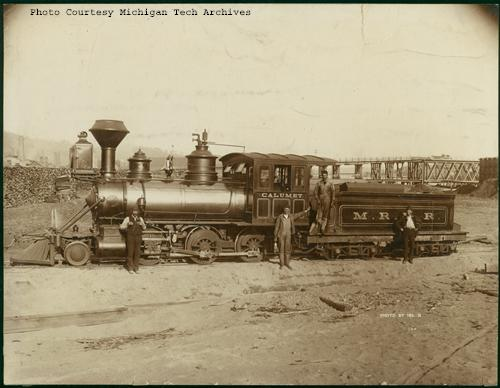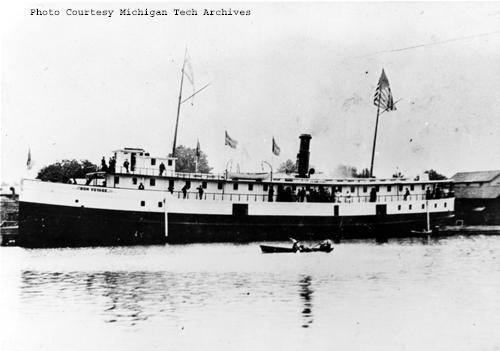The Van Pelt and Opie Library invites faculty and graduate students to attend a module consisting of three, one-hour sequential workshops exploring strategies for incorporating information literacy skills into instruction. Using the framework of the Michigan Tech information literacy rubric for undergraduate students (learning goal #6), we will explore the library’s information resources, digital tools for keeping current in a field of study, and assignment elements that allow students to practice information literacy skills. Participants will also have the option to workshop an assignment from their own teaching to incorporate information literacy.
The workshop sessions are scheduled for Thursday Nov. 6, 13 and 20 from 1 p.m., to 2 p.m., in Library 243. Please register here, and if you have any questions contact instrlib@mtu.edu.
Faculty and graduate students are welcome to register only for this workshop module or or to participate as part of the Center for Teaching and Learning’s UTL Course Design program.


